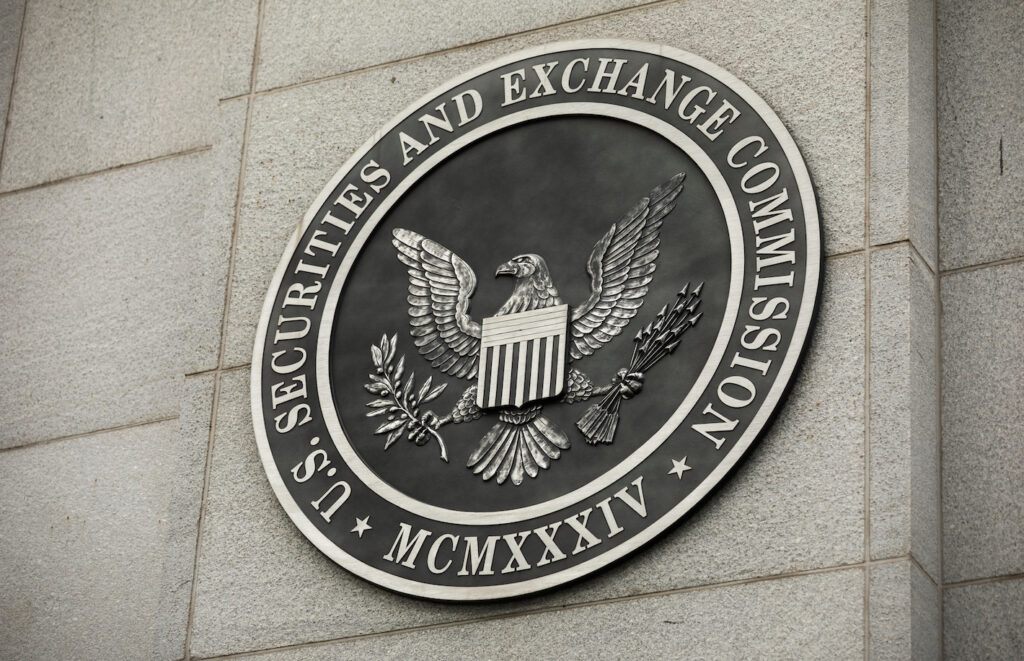
History of SAFTs:
The SAFT was born out of the Initial Coin Offering (“ICO”) craze of the 2018 crypto bull run and ensuing guidance from the SEC.
In 2017 and 2018 the crypto space was going through a boom and hundreds of projects were creating tokens and selling them in order to create the ecosystem for which they would be used. The most famous of these was the Ethereum project, which had an ICO in 2018.
In response to this, the SEC stated that most ICO’s were sales of securities. The Director of Enforcement at the time, Bill Hinman, then gave a speech in which he stated, essentially, that if the tokens are sold in order to fund the development of ecosystem, that is the sale of a security, but if the ecosystem is already built out at the time of the sale, that is more likely to NOT be the sale of a security.
The SAFT was devised as a process whereby initial sales could be made to accredited investors (or other exempt entities) and the funds could then be used to build out the ecosystem whereafter further sales could be made to retail as they were now not sales of securities.
SAFTs:
In short, a SAFT is a contractual agreement between the seller of a token and a purchaser in which the purchaser is buying an IOU with a promise of future delivery of the token itself. The company/seller takes in money and promises distribution of the tokens at some specific time in the future.
The SAFT agreement generally requires some discount on the token price as the purchaser is taken on additional risk and delay.
A SAFT is structured itself as the sale of a security (because the funds are being used to develop the ecosystem). Because the cost of full registration is so high, SAFTs normally use the Rule 506(c) or Reg D exemptions which allow for somewhat streamlined registration.
The exemption requirement limits sales to (1) high net worth individuals and (2) entities with over $5 million in assets.
Securities sold under these exemptions are restricted and generally cannot be resold for at least one year without SEC registration.
Leave a Reply